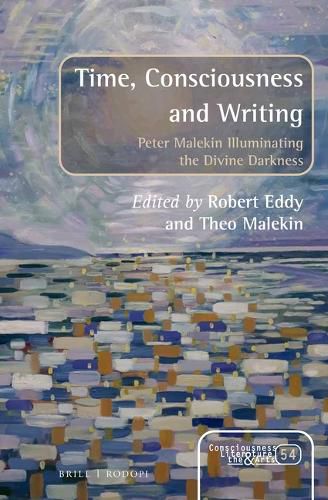Readings Newsletter
Become a Readings Member to make your shopping experience even easier.
Sign in or sign up for free!
You’re not far away from qualifying for FREE standard shipping within Australia
You’ve qualified for FREE standard shipping within Australia
The cart is loading…






Time, Consciousness and Writing brings together a collection of critical reflections on Peter Malekin’s model of the mind , which he saw as a crucial yet often neglected aspect of critical theory in relation to theatre, literature and the arts. The volume begins with a selection of Peter Malekin’s own writings that lay out his critique of western culture, its overstated claims to universal competence and validity, and lays out an alternative view of consciousness that draws partly on Asian traditions and partly on underground traditions from the west. The essays that follow, commissioned for this volume, critically examine Malekin’s ideas, drawing out their implications in a variety of contexts including theatre, liturgical performance, poetry and literature. The book ends with an assessment of future prospects opened by this work.
$9.00 standard shipping within Australia
FREE standard shipping within Australia for orders over $100.00
Express & International shipping calculated at checkout
Time, Consciousness and Writing brings together a collection of critical reflections on Peter Malekin’s model of the mind , which he saw as a crucial yet often neglected aspect of critical theory in relation to theatre, literature and the arts. The volume begins with a selection of Peter Malekin’s own writings that lay out his critique of western culture, its overstated claims to universal competence and validity, and lays out an alternative view of consciousness that draws partly on Asian traditions and partly on underground traditions from the west. The essays that follow, commissioned for this volume, critically examine Malekin’s ideas, drawing out their implications in a variety of contexts including theatre, liturgical performance, poetry and literature. The book ends with an assessment of future prospects opened by this work.